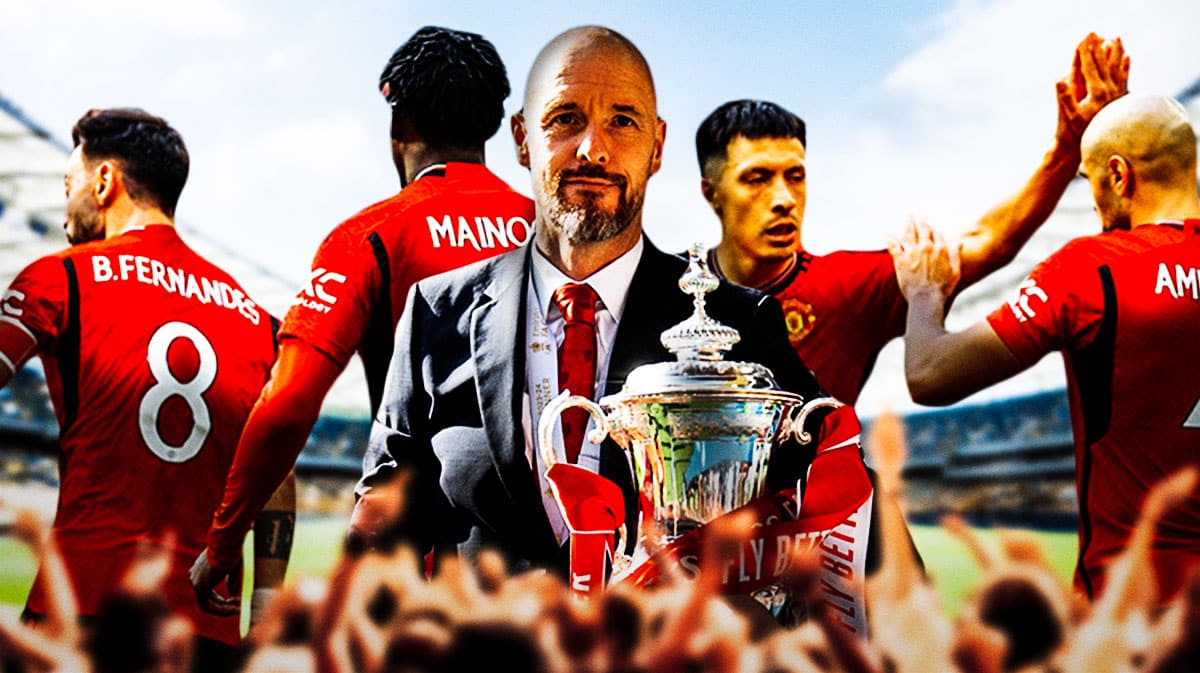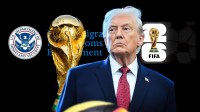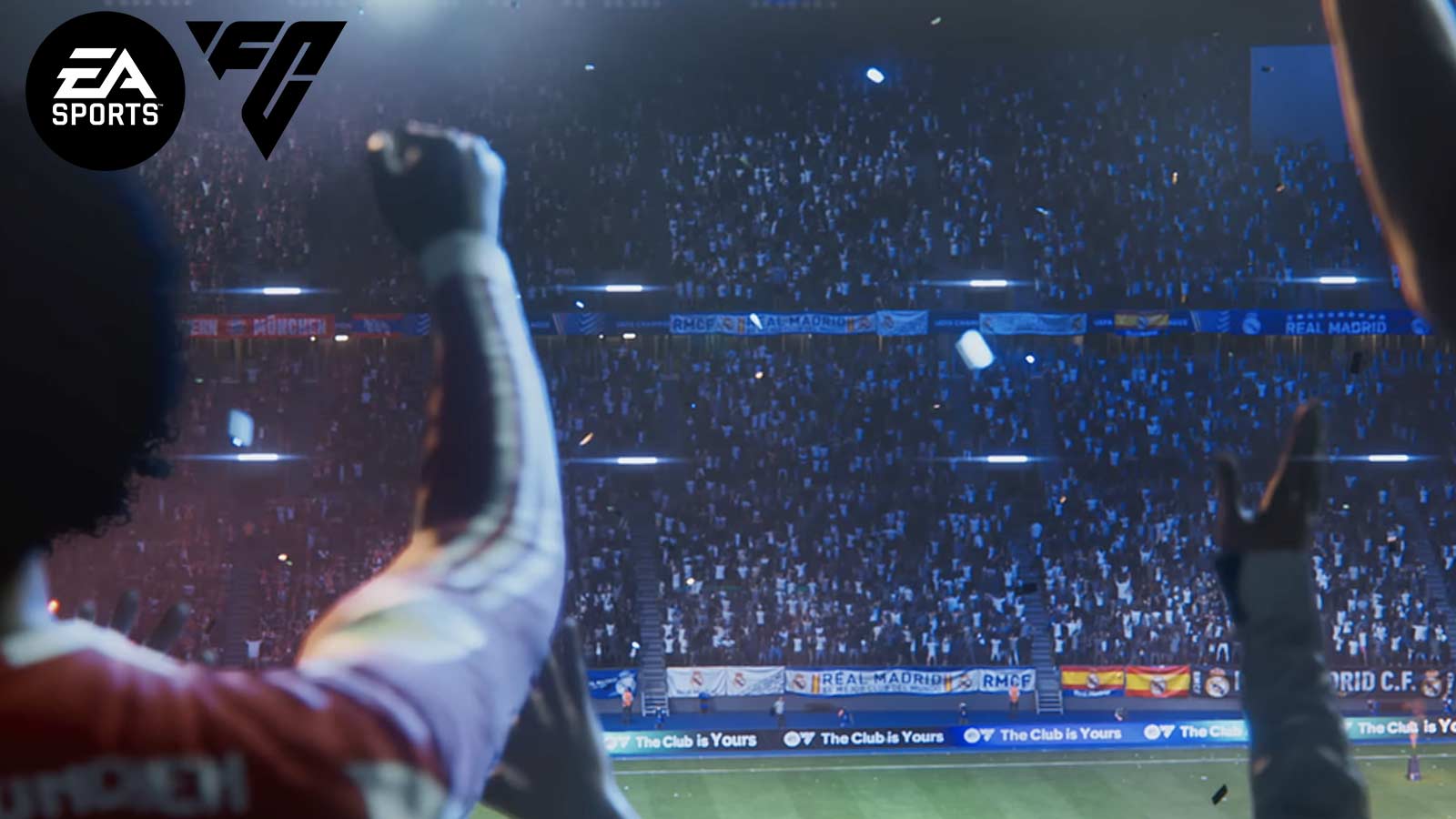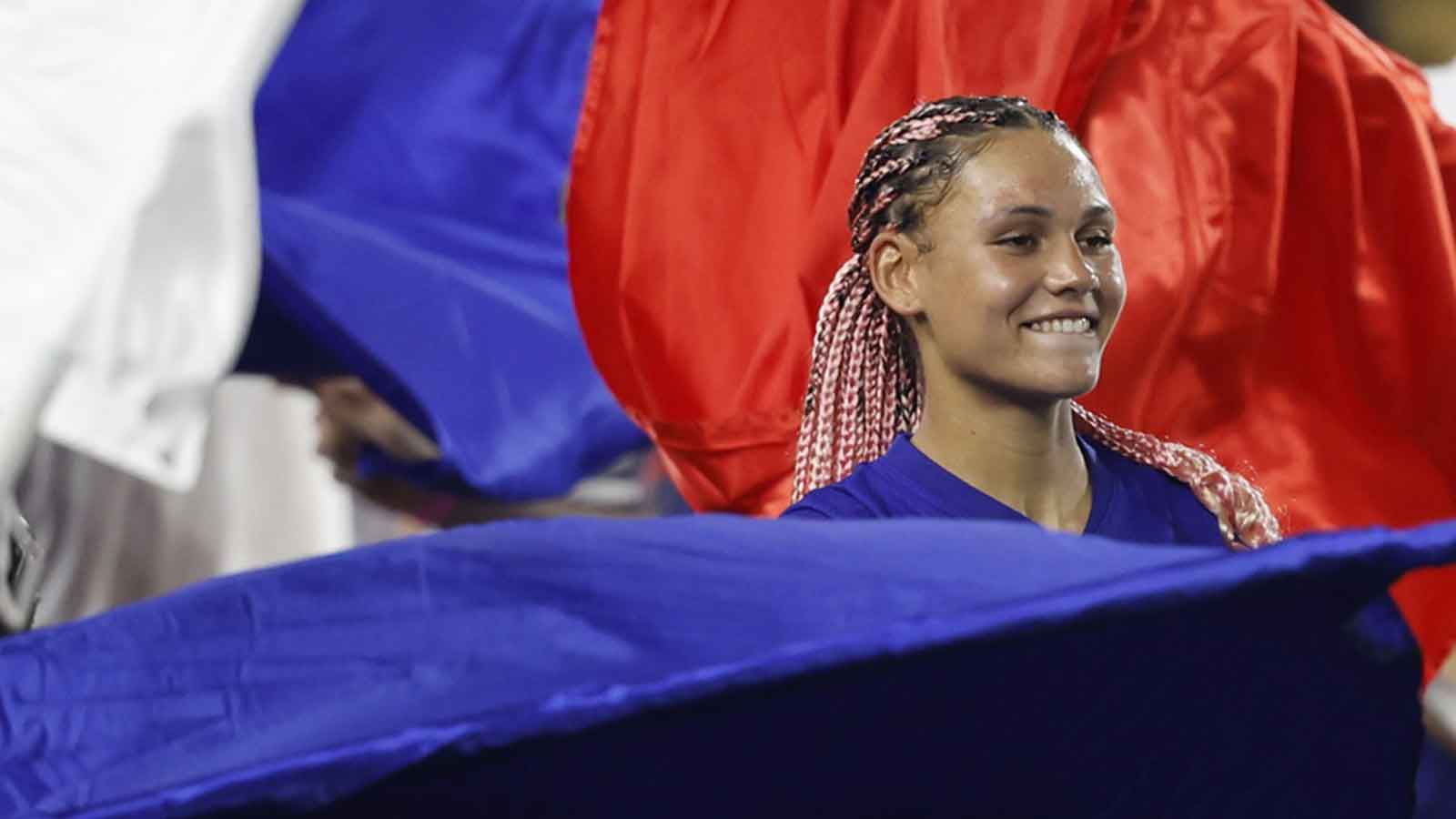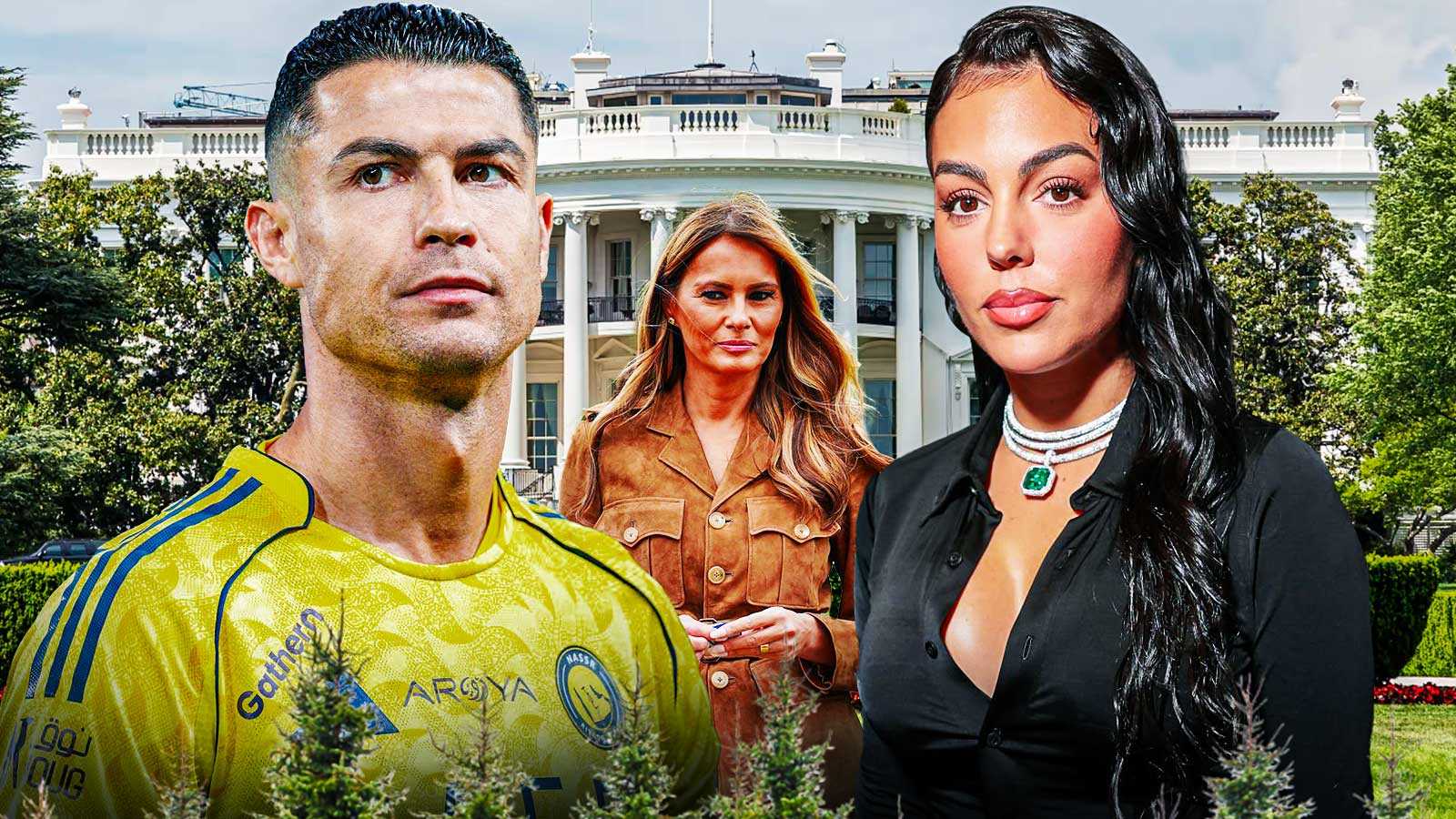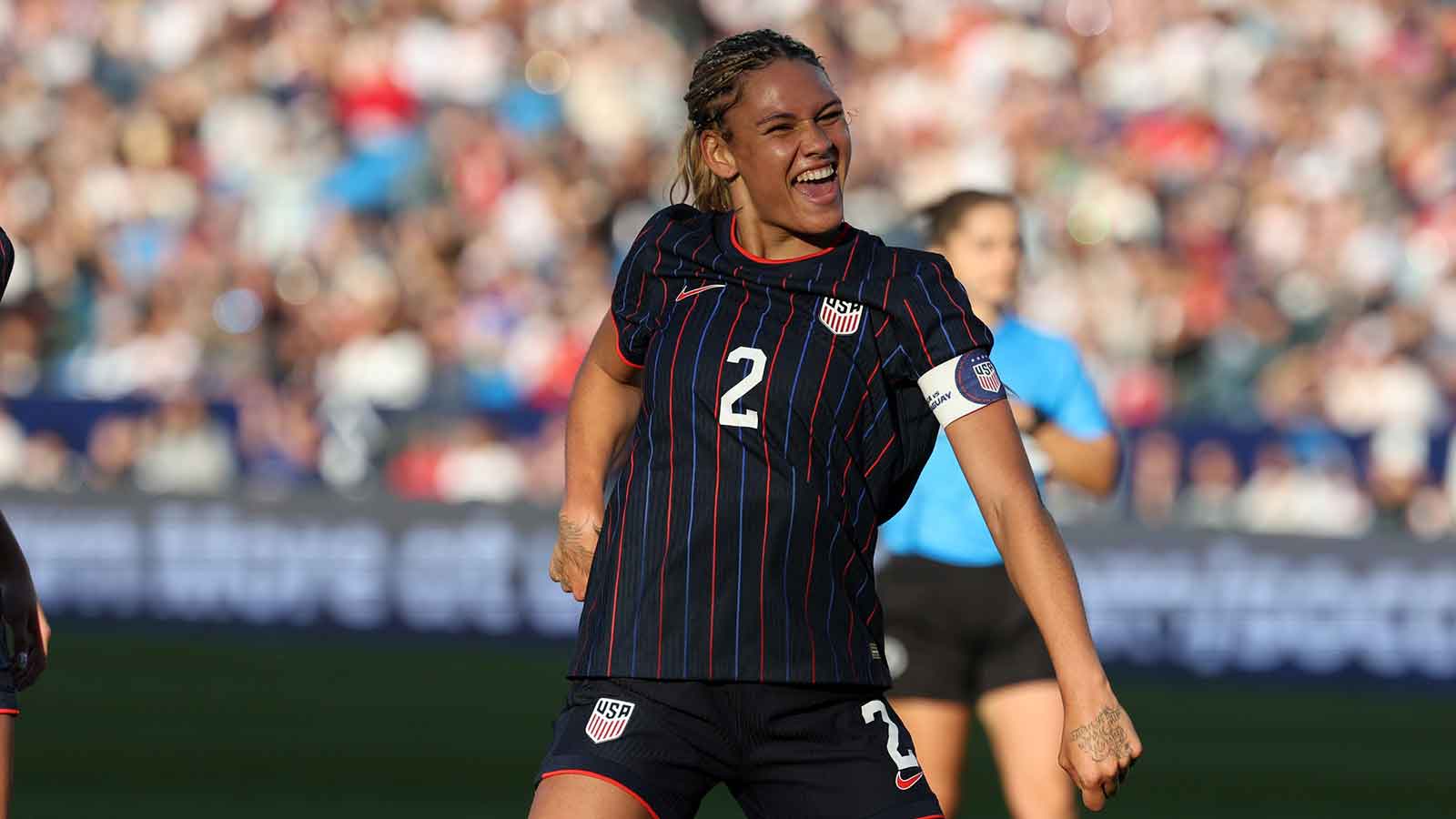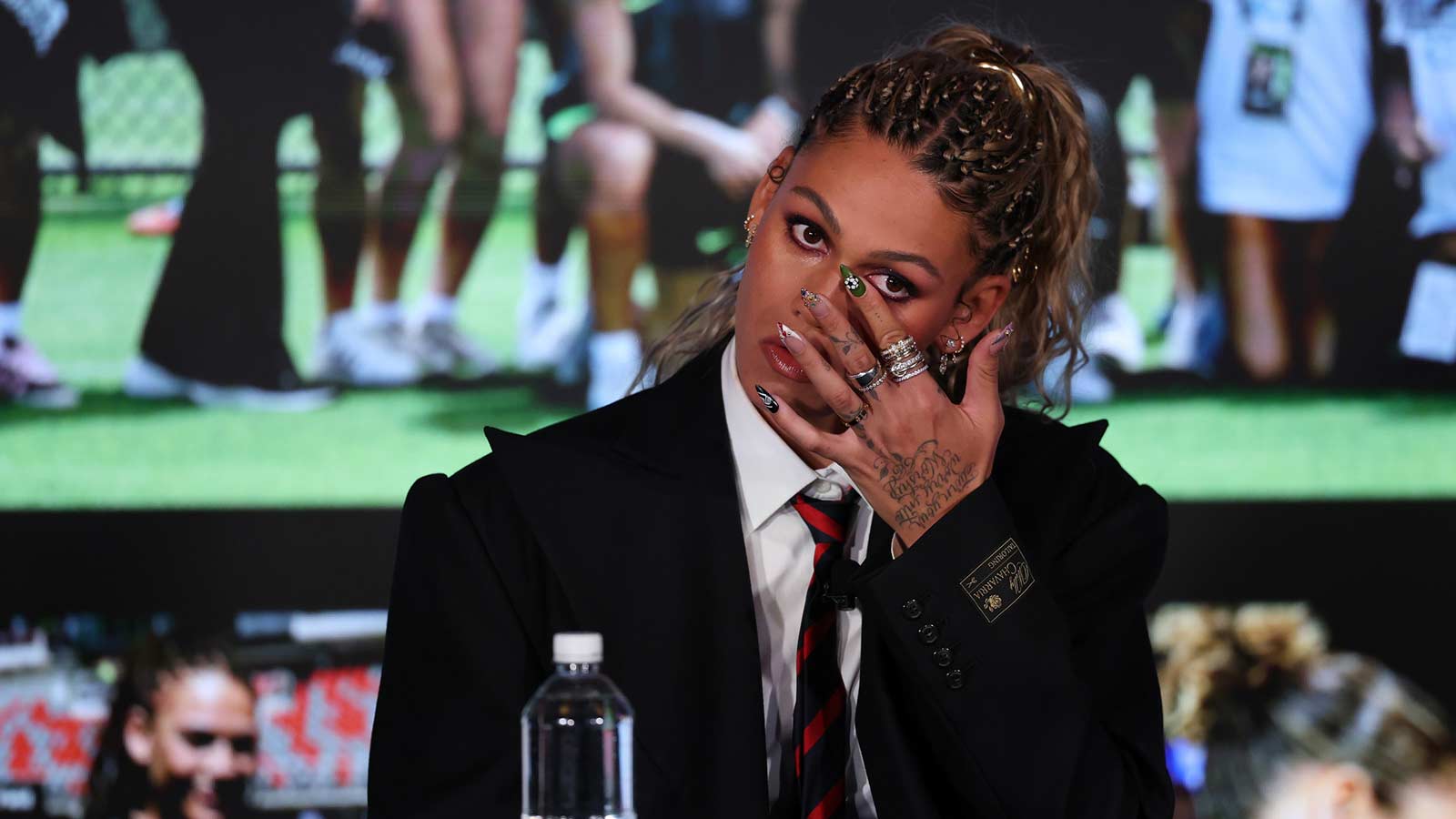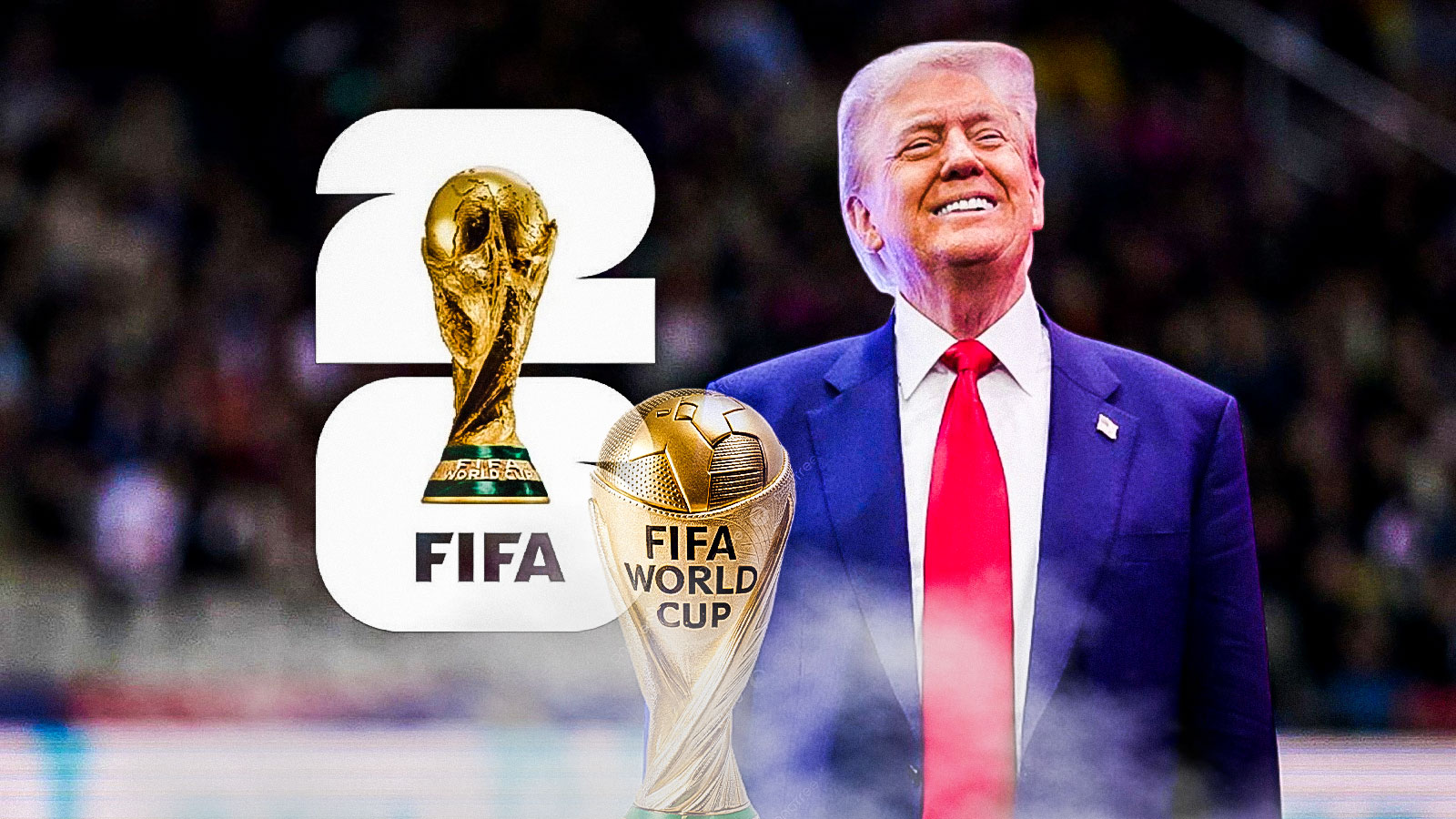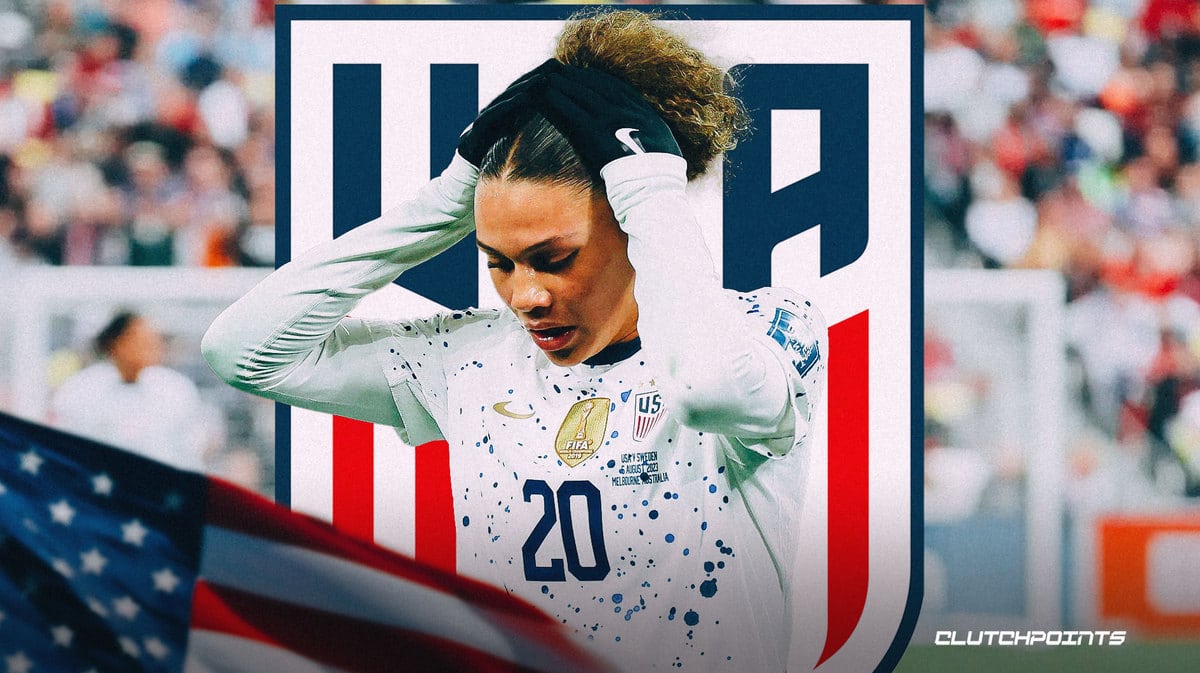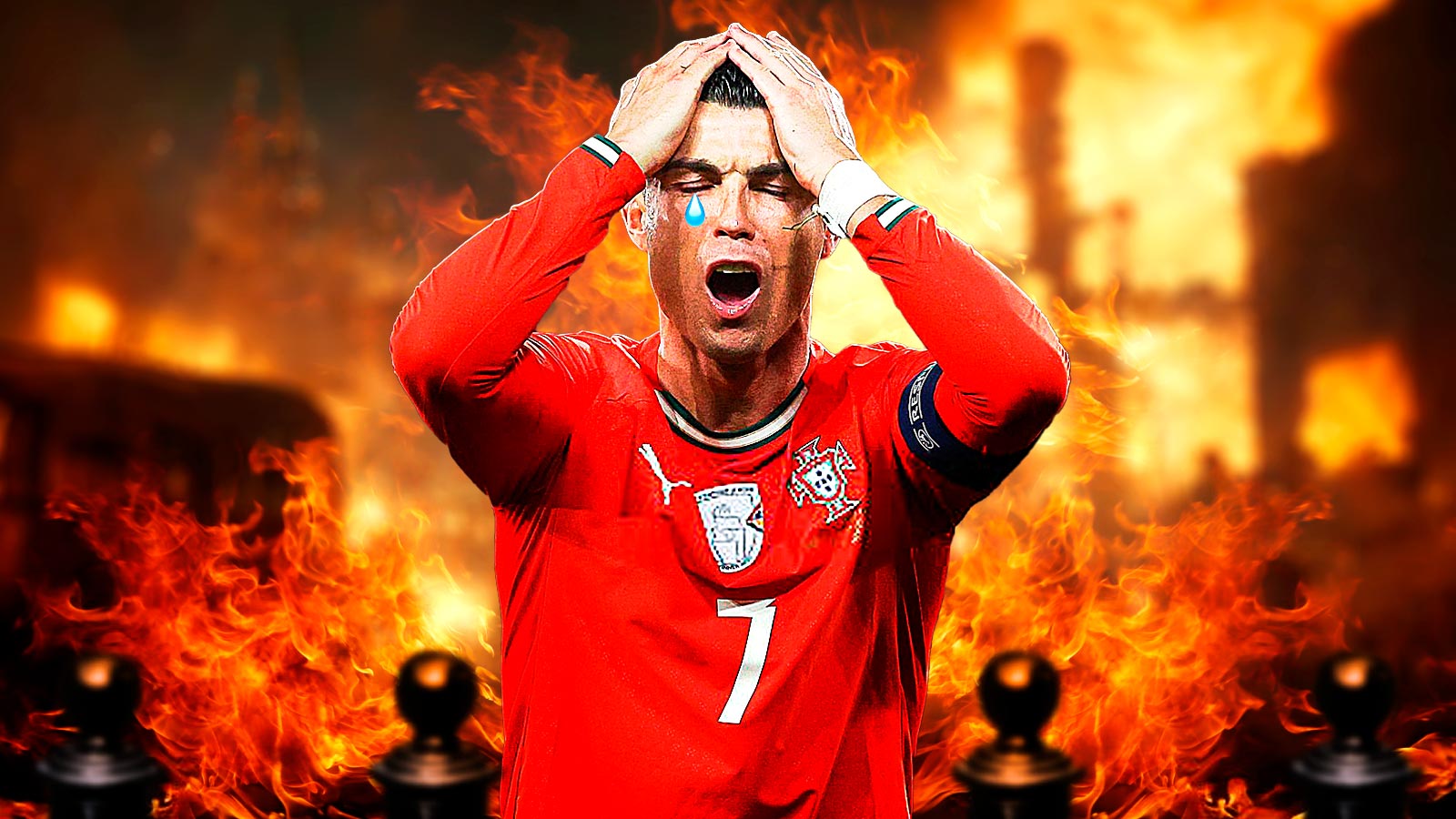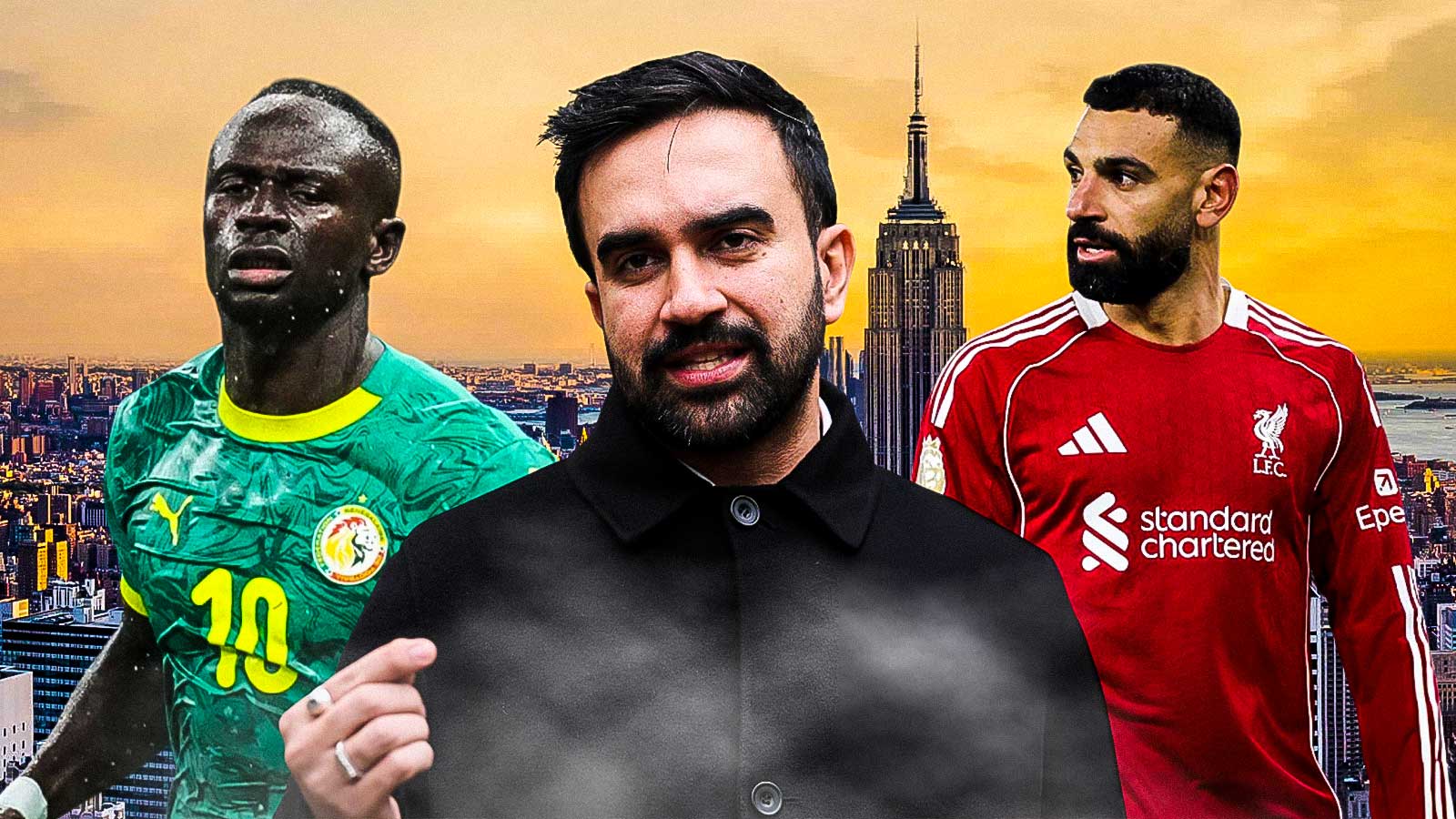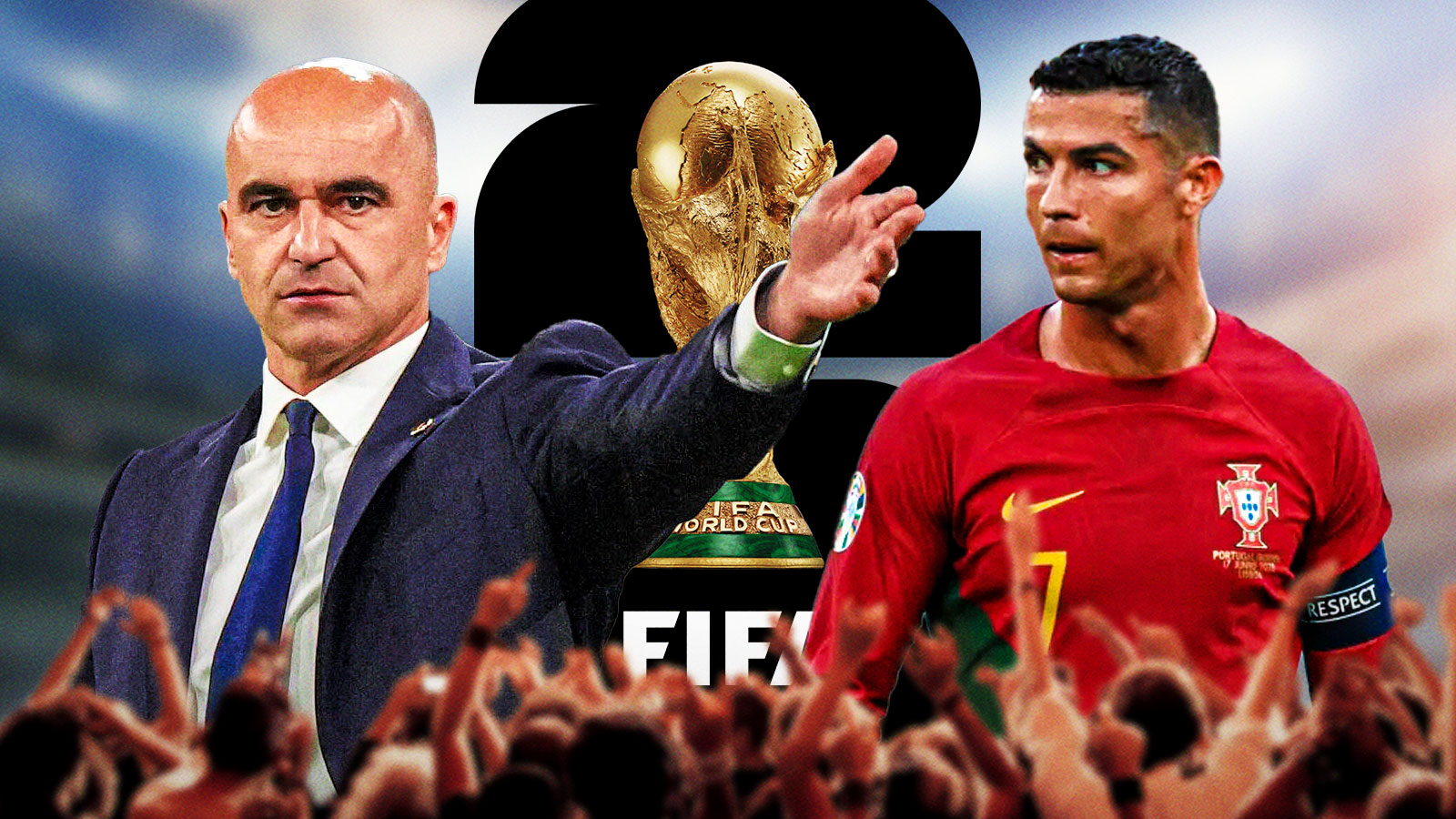Manchester United and Nice have secured spots in the Europa League, but their participation is threatened due to multi-club ownership rules. This situation highlights the complexities and potential conflicts of interest that arise when one owner has stakes in multiple clubs competing in the same European competition. UEFA will make a crucial decision to impact these clubs and possibly reshape the regulations around multi-club ownership in football.
UEFA's Decision on Multi-Club Ownership
UEFA has strict rules about clubs with shared ownership playing in the same competition. However, this season, UEFA's Club Financial Control Board (CFCB) is set to allow Manchester United and Manchester City to compete in European tournaments alongside their sister clubs. According to The Times, the CFCB will issue a ruling on Monday, permitting this arrangement under certain conditions.
The key condition is that clubs like Nice and Girona must be managed via a ‘blind trust.' This means the day-to-day operations and decision-making processes must be independently managed without direct influence from the shared owner. While this arrangement allows both Manchester United and Nice to play in the Europa League this season, it is not a permanent solution. The 2024/25 season will be a transitional period as UEFA plans to address and potentially revise its regulations on multi-club ownership.
Sir Jim Ratcliffe, the owner of Nice and a minority stakeholder in Manchester United, will be particularly interested in UEFA's ruling. Ratcliffe's investment firm, INEOS, owns 27.7% of Manchester United. With both clubs in the Europa League, Ratcliffe faces the unique challenge of ensuring compliance with UEFA's regulations while maintaining competitive integrity for both teams.
The case of Manchester City and Girona is similar. Girona, part of the City Football Group, finished third in La Liga, earning a spot in the Champions League alongside Manchester City. UEFA's decision to allow this arrangement under a ‘blind trust' highlights the growing complexity of multi-club ownership in modern football. This approach is seen as a temporary measure, with UEFA expected to develop a more permanent solution in the coming years.
The implications of this ruling extend beyond this season. For Manchester United, it represents a critical juncture. The club is expected to undergo significant changes during the summer, both in terms of the playing squad and potentially the coaching staff. Ratcliffe and INEOS are likely to play a pivotal role in these changes as they look to strengthen Manchester United's position in both domestic and European competitions.
Similarly, the situation with Nice and Girona underscores the challenges faced by clubs under shared ownership. The ‘blind trust' model may work as a short-term fix, but UEFA's anticipated regulatory changes will require these clubs to adapt to new rules and potentially restructure their ownership arrangements.
In conclusion, Manchester United's Europa League campaign is set to proceed despite the complications arising from multi-club ownership. UEFA's decision to allow both Manchester teams to compete alongside their sister clubs, under specific conditions, provides a temporary solution to a growing issue in football governance. The upcoming season will serve as a transitional period, with further changes expected in the future to ensure compliance with UEFA's evolving regulations. This situation not only impacts the clubs involved but also sets a precedent for how multi-club ownership is managed in European football.
Manchester United and their fans will be watching closely as UEFA's decisions unfold. The potential regulatory changes could shape the club's strategy and ownership structure in the years to come, ensuring fair play and integrity within European competitions. The 2024/25 season will be pivotal, marking a significant period of adaptation and evolution for clubs under shared ownership.

